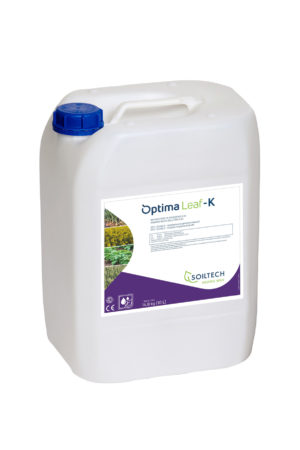The transition of a plant from the growth stage to the hardy stage is called the hardening off process. Hardening off is a series of physiological processes in the plant which build up frost resistance.
Ultimately, the hardening off process results in a lower free-water level in the plant, a higher level of sugar in the cells and a change in the thickness of the cell walls.
What slows down the hardening off process?
Extreme temperature fluctuations or the lack of low temperatures interrupt the hardening off process. As a result, the plant is less able to withstand frost.
What stimulates the hardening off process?
Short days, lower temperatures (periods of cold and light frost) and temperature fluctuations provide the conditions for proper hardening off for the winter period. Fertilising with potassium can ensure better hardening off.
Potassium is important in hardening off plants in more than one way. On the one hand, sufficient potassium provides optimal sugar transport, so optimal sugar levels in the hardening off period are realised sooner. On the other hand, potassium is present in the cells as dissolved salt, lowering the freezing point (slightly) when concentrations are high.

